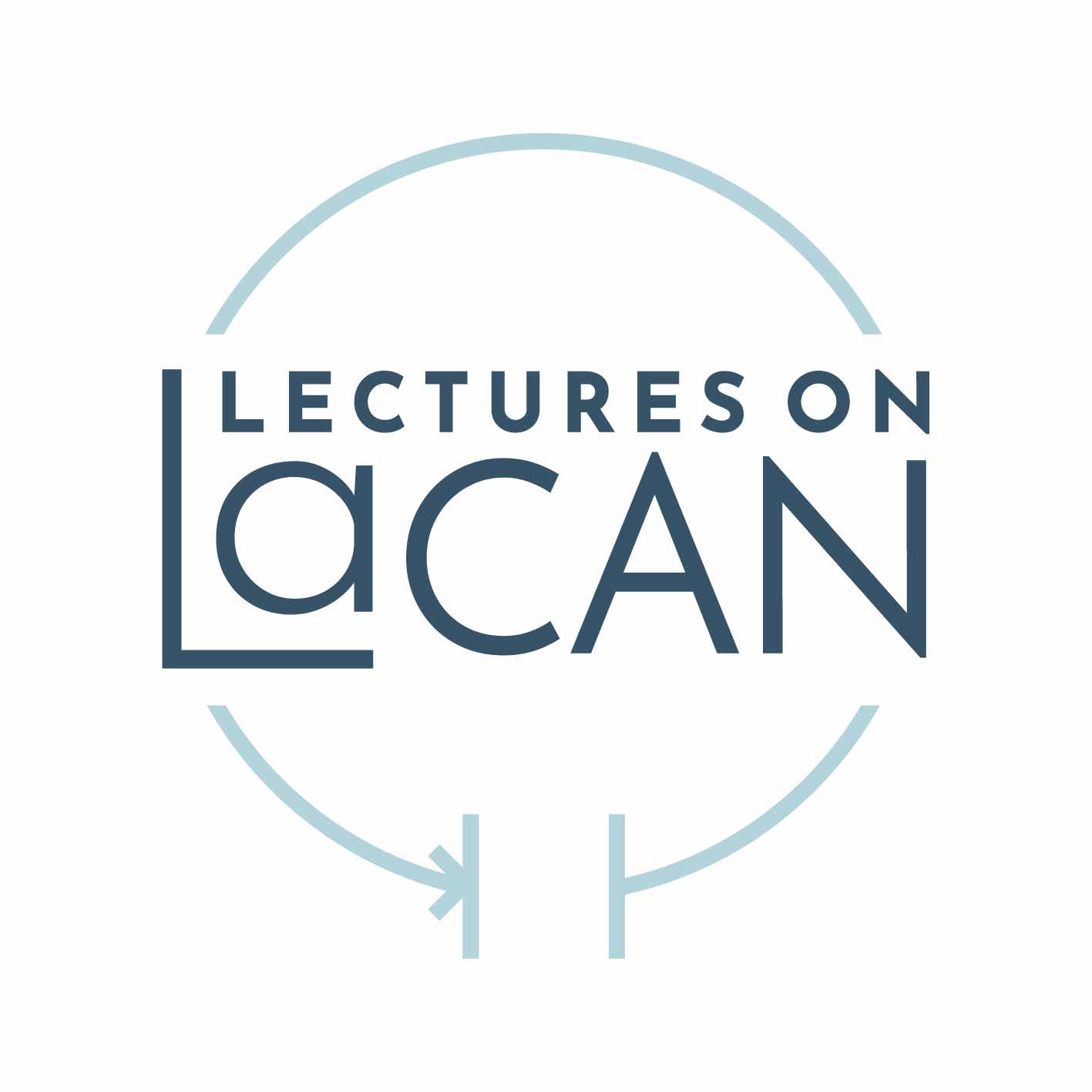

Lectures on Lacan Podcast
Prof. Dr. Samuel McCormick
Lectures and commentaries on key texts in Lacanian psychoanalysis lecturesonlacan.substack.com
Episodes
Mentioned books

9 snips
Mar 13, 2023 • 1h 9min
Seminar XI, Episode 4
Exploring Lacan's concept of the split subject and repression. Linking past trauma to present reactions. Understanding trauma, repression, and the return of the repressed. Using Fort Daugame to understand repetition. Exploring the subject's split and the privileged object. Exploring the concept of the gaze and its relationship to the eye. Discussing symbolic objects, death, and love.

7 snips
Mar 6, 2023 • 36min
Seminar XI, Episode 3
This podcast delves into Lacan's Seminar XI, exploring psychoanalysis as a science, the minimum irreducible distance in human desire, split subjectivity and the know of the father in psychosis, oral and anal drives in potty training and language acquisition, and the components of the split subject.

4 snips
Feb 27, 2023 • 56min
Seminar XI, Episode 2
Exploring the negative fee and the role of castration in the ego, discussing the case of the pervert and the concepts of repression and negation. Delving into the notion of the real in Lacanian theory and the myth of Eredician and Orpheus as a metaphor for loss. Exploring the concept of repression and the rediscovery of the unconscious and its connection to primal scenes.

17 snips
Feb 20, 2023 • 1h 25min
Seminar XI, Episode 1
Our recent podcast series on Anxiety (Seminar X) is now complete, so it only makes sense to continue with the next seminar in Lacan’s trajectory: The Four Fundamental Concepts of Psychoanalysis (Seminar XI). Here’s the first of seven episodes in our new podcast series on Seminar XI, and below is some of the diagram work we did in the original session. If you’d like to access the complete series on Seminar XI, including 8+ hours of video-recorded lectures and a dozen new and expanded diagrams, you can do so HERE. This is a public episode. If you would like to discuss this with other subscribers or get access to bonus episodes, visit lecturesonlacan.substack.com

Feb 6, 2023 • 1h 21min
Anxiety, Episode 12
The podcast discusses Lacanian psychoanalysis and its concepts such as castration, desire, and anxiety. They explore the manifestations of the drive and its connection to bodily openings. Lacan's map is analyzed, along with the uterine experience and the significance of the first breath. The connection between the anal and scopic drives is explored, as well as the role of the specular image in desire and anxiety. The podcast also delves into self-acceptance and the end of analysis.

Jan 30, 2023 • 1h 15min
Anxiety, Episode 11
This podcast explores Lacanian psychoanalysis and the concept of desire. It discusses the role of demand, need, and the split subject in maintaining distinction between the self and the socio-linguistified self. The speakers also delve into the relationship between desire, anxiety, and castration. Additionally, they discuss the relationship between psychosis and anxiety, as well as the connection between anxiety, truth, and authenticity.

Jan 23, 2023 • 1h 14min
Anxiety, Episode 10
Exploring mother-daughter anxieties through the metaphor of a tuna can. The child's dependence and shift to destructive desire. Lacan's perspective on the equivalence of anxiety and orgasm. Exploring desire's embodiment and different manifestations. Reflection and anxiety as eyes and mirrors. Merging ideas into a single image. Progression from pure need to mobilizing desire through fantasy. Perversion, castration, and the name of the father.

Jan 16, 2023 • 1h 29min
Anxiety, Episode 9
The podcast discusses engaging with Lacanian psychology, the missing eye in a statue as a sign of presence, the relationship between object A and the real, the reflective nature of the human eye, the role of the analyst in psychoanalysis, the goal of increasing awareness in Lacanian analysis, and the relationship between the placenta and desire.

Jan 9, 2023 • 1h 12min
Anxiety, Episode 8
This podcast explores Lacanian psychoanalysis, discussing topics such as the relationship between negative phi and phallic shoosons, the concept of faulted and split subjectivity, the horror of anxiety, the role of 'little a' in Lacan's theory, the impact of the paternal function on desire and anxiety, time in Lacanian thought, and the connection between demand, desire, and the law of desire.

Jan 2, 2023 • 1h 42min
Anxiety, Episode 7
Here’s the seventh episode in our podcast on Anxiety (Seminar X), along with the formula we workshopped in the original session. If you’d like to purchase the complete series on Anxiety (Seminar X), including 18+ hours of video-recorded lectures and all of the diagrams, formulas, and mathemes we developed along the way, you can do so here: This is a public episode. If you would like to discuss this with other subscribers or get access to bonus episodes, visit lecturesonlacan.substack.com


